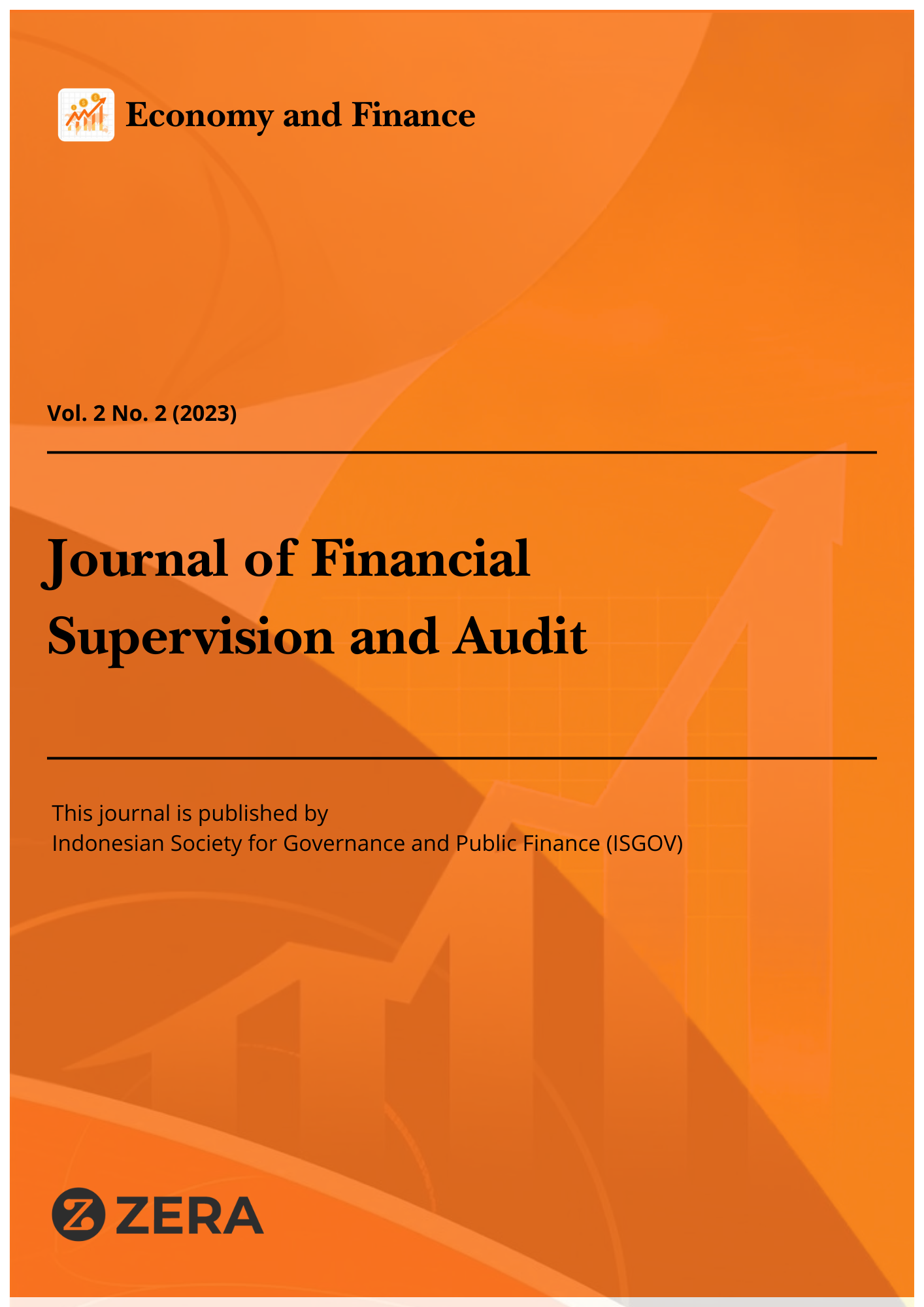Keywords:
Commodities, Developing countries, International trade wars, Price fluctuations, ResilienceAbstract
International trade wars have emerged as a major global challenge in recent decades, particularly involving powerful economies such as the United States and China. Trade frictions through tariffs, quotas, and other non-tariff barriers disrupt global trade flows and intensify market uncertainty. For resource-dependent countries like Indonesia, these dynamics directly affect the price stability of key export commodities such as coal, oil, palm oil, nickel, and rubber. This study employs a qualitative method through literature review, relying on secondary data from journals, scholarly publications, and international institutional reports. Findings reveal that the impacts of trade wars are multifaceted and vary across commodities, often amplified by exchange rate depreciation, supply chain instability, and shifting investor sentiment. To mitigate these effects, adaptive strategies are required, including market diversification, industrial down streaming, and improvements in logistics systems. These efforts are essential for strengthening economic resilience and reducing vulnerability to global market turbulence, especially for developing economies heavily reliant on commodity exports.


